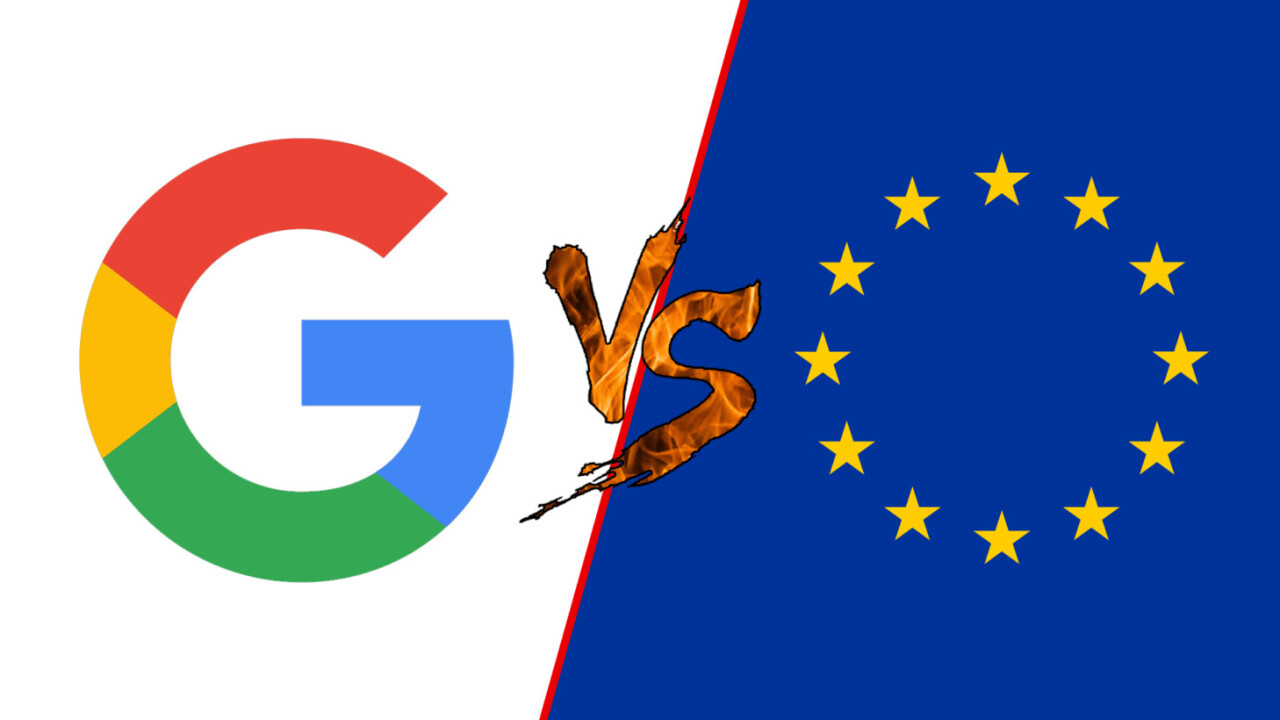
Google has announced it will not pay European news publishers for the right to show their content on Google News, which will be mandatory under the EU’s new copyright directive that will come into effect next month, The Financial Times reports.
France is the first out of the 28 EU member states to implement the new directive, but the law is already off to a rough start. Google has opted for displaying less information to its users, rather than entering into licensing agreements with European publishers.
This means the American tech giant will stop including snippets of news stories in France from EU publishers, and only display headlines and thumbnails which are still free of charge. This could lead to less traffic for news sites, but publishers are still allowed to decide how much they would like to show on Google News — as long as it’s free.
Google’s decision undercuts the very point of the copyright directive, which was meant to help rebalance the relationship between publishers and search engines. Frustratingly, it was obvious from the beginning that something like this would happen.
Told you so
Critics of this section of the copyright directive — which is often referred to as Article 11 or ‘link tax’ — have pointed out from the beginning that while the idea behind it is noble, its implementation is flawed and perhaps based on the lack of digital literacy.
Google did a study earlier this year which showed that even a moderate version of the copyright reform could lead to news sites losing up to 45 percent of their traffic.
While Google could be considered biased, many EU politicians who have no particular love for the tech behemoth also argued that Article 11 was actually doing the bidding of big publishers rather than protecting quality journalism, and would ultimately threaten freedom of speech.
On top of that, experts also point out that similar legislation has already been tried out in Spain and Germany, where it failed miserably. Google closed its news service in Spain and publishers lost traffic and didn’t increase their earnings.
The ‘link tax’ saga is far from over, however, as Google will likely keep adjusting it so that it complies with each EU country’s implementation of the copyright directive.
EU member states have until 2021 to integrate the directive into their national laws, but the versions can differ between countries. It’s clear that Google is sending a strong message to the rest of Europe’s governments as they ponder how they’ll update their national laws.
Get the TNW newsletter
Get the most important tech news in your inbox each week.




